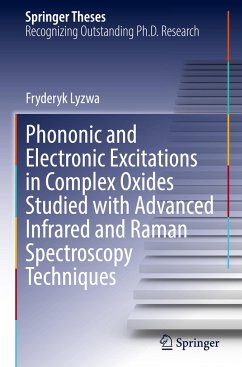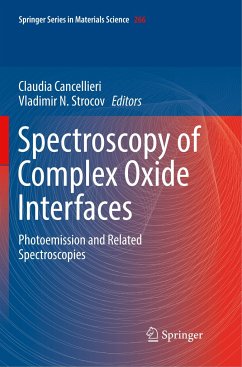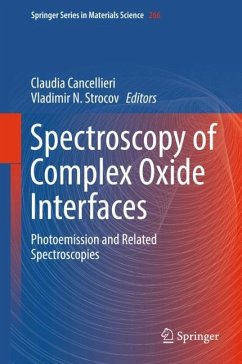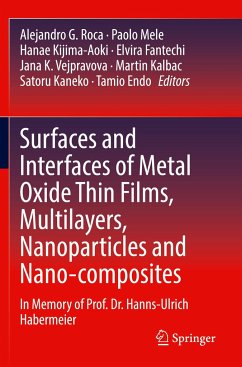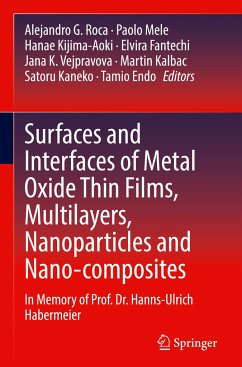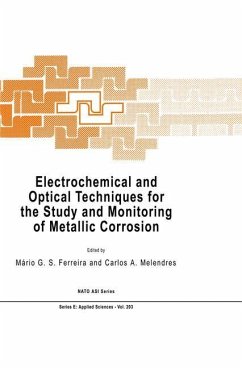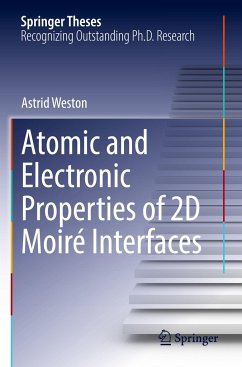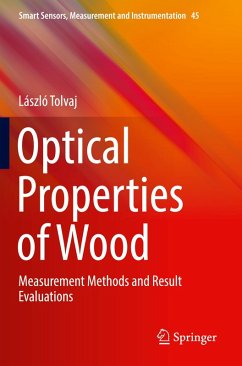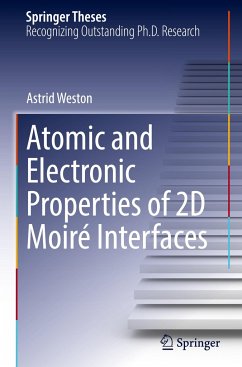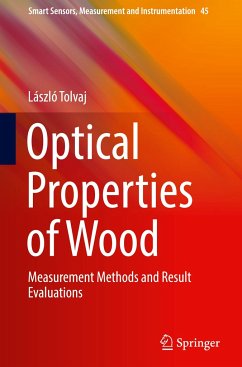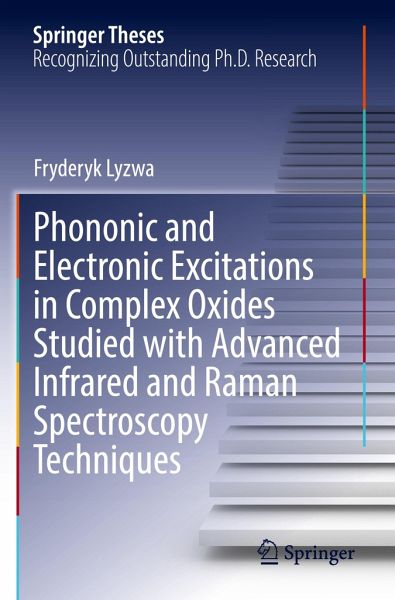
Phononic and Electronic Excitations in Complex Oxides Studied with Advanced Infrared and Raman Spectroscopy Techniques
Versandkostenfrei!
Versandfertig in 6-10 Tagen
113,99 €
inkl. MwSt.
Weitere Ausgaben:

PAYBACK Punkte
57 °P sammeln!
This PhD thesis reports on investigations of several oxide-based materials using advanced infrared and Raman spectroscopy techniques and in combination with external stimuli such as high magnetic or electric field, sptial confinement in thin film heterostructures and the radiation with UV light. This leads to new results in the fields of superconductivity, electronic polarization states and nanoscale phenomena.Among these, the observation of anomalous polar moments is of great relevance for understanding the electric-field-induced metal-to-insulator transistion; and the demonstration that conf...
This PhD thesis reports on investigations of several oxide-based materials using advanced infrared and Raman spectroscopy techniques and in combination with external stimuli such as high magnetic or electric field, sptial confinement in thin film heterostructures and the radiation with UV light. This leads to new results in the fields of superconductivity, electronic polarization states and nanoscale phenomena.
Among these, the observation of anomalous polar moments is of great relevance for understanding the electric-field-induced metal-to-insulator transistion; and the demonstration that confocal Raman spectroscopy of backfolded acoustic photons in metal-oxide multilayers can be used as a powerful characterization tool for monitoring their interface properties and layer thickness is an important technical development for the engineering of such functional oxide heterostructures.
Among these, the observation of anomalous polar moments is of great relevance for understanding the electric-field-induced metal-to-insulator transistion; and the demonstration that confocal Raman spectroscopy of backfolded acoustic photons in metal-oxide multilayers can be used as a powerful characterization tool for monitoring their interface properties and layer thickness is an important technical development for the engineering of such functional oxide heterostructures.





